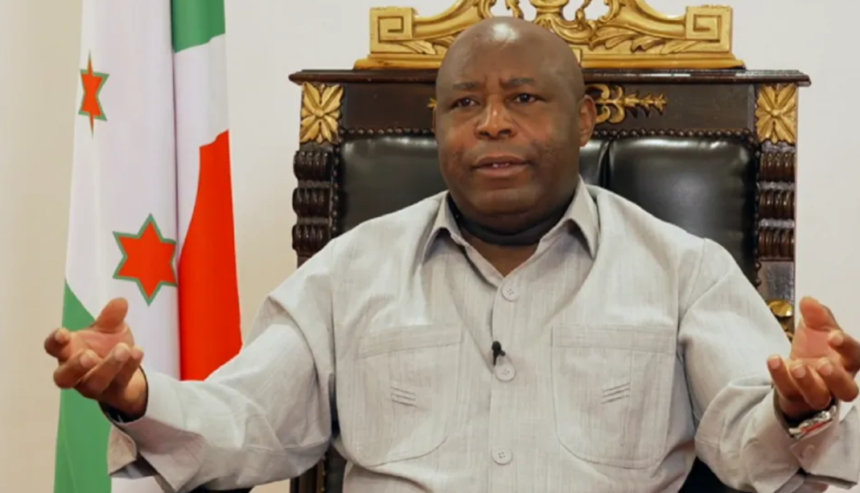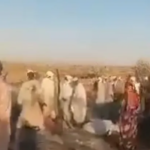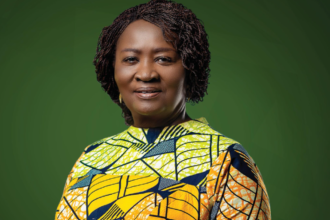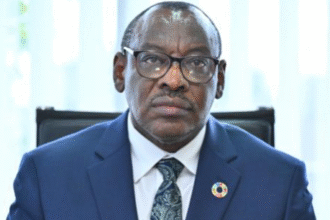Nairobi, Kenya – In a shocking announcement, the President of Burundi, Évariste Ndayishimiye, has accused Rwanda of planning military action against his country. The two East African nations have a long history of political and ethnic tensions, but this is the first time in recent memory that a head of state has made such a serious allegation.
Speaking at a press conference in the capital city of Gitega, President Ndayishimiye said that he had received intelligence reports indicating that Rwanda was mobilizing its military along the border between the two countries. He did not provide any details about the source of the intelligence or the scale of the alleged invasion plan.
However, the Burundian president warned that his country would not stand idly by in the face of any external aggression. “We are ready to defend our sovereignty and territorial integrity,” he said, adding that Burundi had already started to reinforce its own military presence along the border.
The Rwandan government has denied the allegations, calling them “baseless and irresponsible.” In a statement, the Ministry of Foreign Affairs and International Cooperation said that Rwanda was committed to peace and stability in the region and that it had no intention of attacking Burundi.
The statement added that Rwanda was concerned about the security situation in Burundi, where a political crisis has been simmering since 2015, when President Pierre Nkurunziza decided to run for a third term in office, defying constitutional limits and triggering widespread protests and violence.
The crisis has since taken on ethnic overtones, with the majority Hutu population supporting Nkurunziza and the minority Tutsi community, which has historically dominated the political landscape, opposing him. The United Nations and other international organizations have warned of the risk of a new civil war in Burundi, similar to the one that ravaged the country in the 1990s and left hundreds of thousands of people dead.
Rwanda, which has a Tutsi-led government, has been accused of supporting the opposition in Burundi, a charge that it has always denied. However, the two countries have often been at odds, with Rwanda accusing Burundi of harboring rebels responsible for the 1994 genocide that killed around 800,000 Tutsis and moderate Hutus in Rwanda.
The international community has called for restraint and dialogue between the two countries. The African Union, the East African Community, and the United Nations have all urged Rwanda and Burundi to resolve their differences peacefully and through diplomatic channels.
The United States has also weighed in, with the State Department expressing concern over the escalating tensions and calling on both sides to exercise restraint. “We urge all parties to refrain from inflammatory rhetoric and actions that could further escalate the situation,” a State Department spokesperson said.
The situation between Rwanda and Burundi is being closely watched by the international community, which fears that any military action could have devastating consequences for the region. The two countries share a long and porous border, and any conflict could easily spill over and engulf neighboring states, such as the Democratic Republic of Congo, Uganda, and Tanzania.
As tensions rise, the people of Rwanda and Burundi can only hope that their leaders will choose the path of peace and dialogue over confrontation and violence. The stakes are high, and the cost of failure could be measured in lives and suffering.









